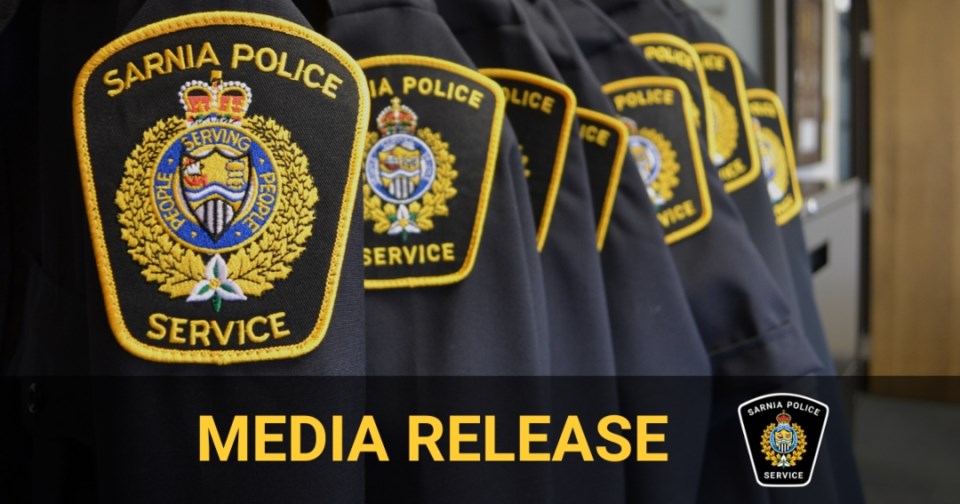The "Grandma Scam," also known as the "Grandparent Scam," is a type of telephone or online fraud where scammers target elderly individuals by pretending to be their grandchild or another relative in distress.
It typically works in the following way:
-
Initial Contact: The scammer calls, texts, or sends an email to the elderly victim, often late at night or early in the morning. The scammer usually pretends to be a grandchild, niece, nephew, or other close family member. The scammer may actually know some information about the person they are calling to legitimize the scam.
-
Impersonation: The scammer starts the conversation by saying something like "Hi, Grandma" or "It's me, Grandpa" to initiate the conversation. The scam may extend to other family members such as brothers/sisters. They might claim they are in trouble, often using excuses like:
- They have been arrested.
- They were in a car accident.
- They are stranded in a foreign country.
- They need money for medical treatment or bail.
-
Urgency and Secrecy: The scammer emphasizes the urgency of the situation and often begs the victim not to tell anyone, especially their parents or other family members. This plays on the emotional connection and sense of trust that grandparents typically have with their grandchildren.
-
Money Transfer: The scammer then asks for money, either through wire transfers, prepaid gift cards, or other hard-to-trace payment methods. In some cases, they might ask for personal information or credit card details. In the four instances that have occurred in Sarnia within the last 24 hours, the scammer is attending the victim's residence by sending a courier.
-
Emotional Manipulation: The scam relies heavily on emotional manipulation. The scammer uses fear and guilt, making the victim believe that the grandchild is in immediate danger or facing severe consequences if help is not provided quickly.
-
Follow-up Scams: Sometimes, after the initial payment is made, the scammer will contact the victim again, claiming more money is needed due to additional complications.
Protect Yourself
Fortunately, there are a few simple steps that you can take to avoid falling victim to this scam:
- Never offer information to the caller. If they prompt you with a question like, “Do you know who this is?” simply say no and have them tell you.
- Press your caller for details. If the person on the other end of the phone is explaining his/her story, ask them questions about their specific location or have them repeat their story. A criminal will have a hard time recalling details or coming up with them on the spot
- Ask the caller a few personal questions that a real grandchild could answer but an imposter could not
- After you hang up, verify the story by calling the parents or other relatives of the “grandchild”
- Never wire money to someone under uncertain conditions. It is nearly impossible to recover or trace money that has been wired
- Never provide your credit card number over the telephone or internet unless you are sure about who you’re giving it to
- Never provide your personal information including your address to the caller
- Don't agree to meet with anyone in person, at your home or otherwise, to provide them with money
- It is important to know the Canadian Criminal Justice System does not allow for someone to be bailed out of jail with cash or cryptocurrency
- Be careful what you post online - Scammers can get details that you shared on social media platforms and dating sites to target you or get names and details about your loved ones
- Don't trust caller ID names and numbers - Scammers use technology to disguise the actual number they are calling from and can make it appear as a trusted phone number, also known as spoofing
If you’ve been caught in a scam like this one, contact police. Bank staff are aware of these kinds of scams and are trained to pay attention if a customer makes an unusual transaction — for example, withdrawing more money than usual. However, as the owner of the account, you are ultimately responsible for any funds that you withdraw from your own bank account. That’s why it’s especially important to ask questions and be 100 percent positive about who you’re talking to before you send any money.
